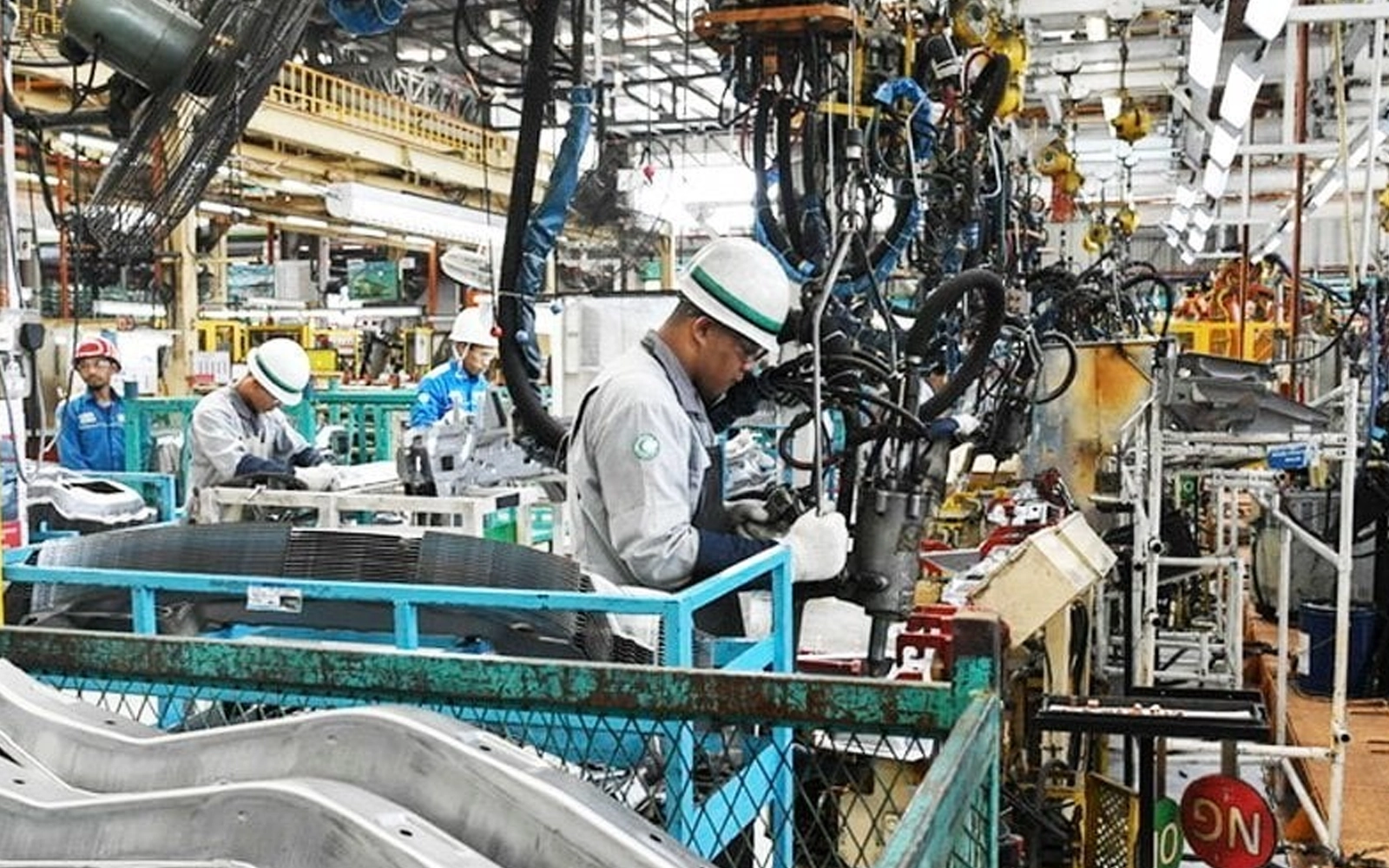
PETALING JAYA: The Federation of Malaysian Manufacturers (FMM) says a sudden raise in the minimum wage could cripple employers already grappling with increased costs from the recent expansion and hike in service tax, and the ringgit’s depreciation.
FMM president Soh Thian Lai said any increment to the current RM1,500 minimum wage would necessitate employers raising the salaries of other workers earning at levels just above the minimum wage.
This, he told FMT, was necessary to maintain wage differentials among employees based on their respective employment grades and seniority.
Soh said an FMM survey projected marginal improvements in economic conditions for businesses in the first half of 2024.
“FMM is concerned that these positive business prospects could be weighed down by the impact of the rising cost of production (if the minimum wage is raised) and derail the expected business growth, including the anticipated increase in labour hiring,” said Soh.
He said businesses suffered a marked increase in operational costs when the government raised the minimum monthly wage from RM1,200 to RM1,500 in 2022.
Last Wednesday, the Malaysian Trades Union Congress urged Putrajaya to review the minimum wage, citing an increase in the cost of living, and the 2% service tax hike which took effect on March 1.
In response, human resources minister Steven Sim said the government will review the minimum salary this year in accordance with the National Wages Consultative Council Act 2011.
The Act mandates that the council review the minimum wage every two years.
Chong Yoong Wen, an economist with think tank Bait Al-Amanah, said raising the minimum wage would see funds intended for investment into improving productivity go to paying increased salaries instead.
As a result, he said the policy would impact the scalability of businesses in the country, especially since 90% of them are micro, small and medium enterprises (MSMEs).
“As labour costs rise, cost-push inflation (an overall price increase resulting from higher wages and raw materials) may occur. This coincides with the weak ringgit, which affects the importation of raw materials,” said Chong.
He urged the government to stick with the progressive wage model as it is voluntary and dependent on the fiscal position of businesses.
Meanwhile, Carmelo Ferlito of the Center for Market Education said a higher minimum wage could penalise low-skilled workers in the long run, as companies may resort to automation, leading to worker lay-offs.
Given that the majority of firms in the country are MSMEs, an increase in the minimum wage could give rise to budget constraints which may prevent them from hiring more workers, he added.
“We should think less about the minimum wage and more about social mobility – of how we can get our workforce to gradually grow in their career,” Ferlito said, adding that there was a need for upskilling programmes that align with the needs of industries. - FMT



No comments:
Post a Comment
Note: Only a member of this blog may post a comment.